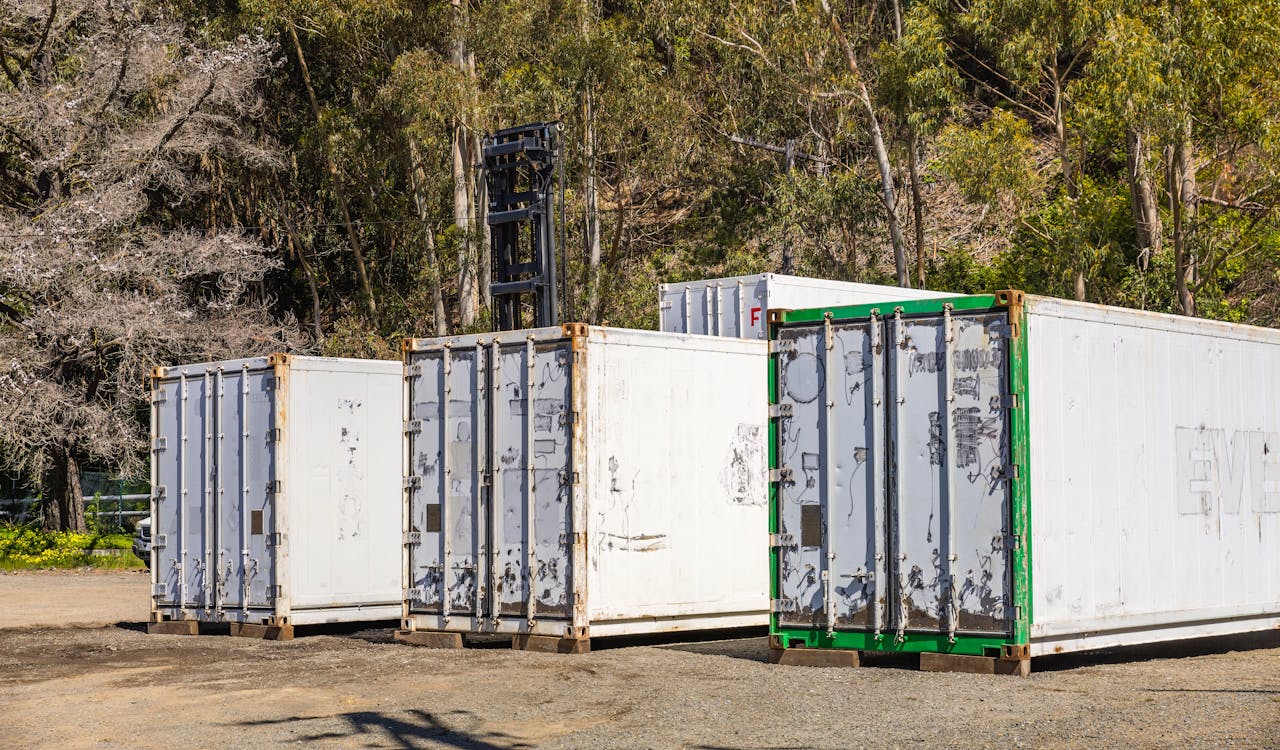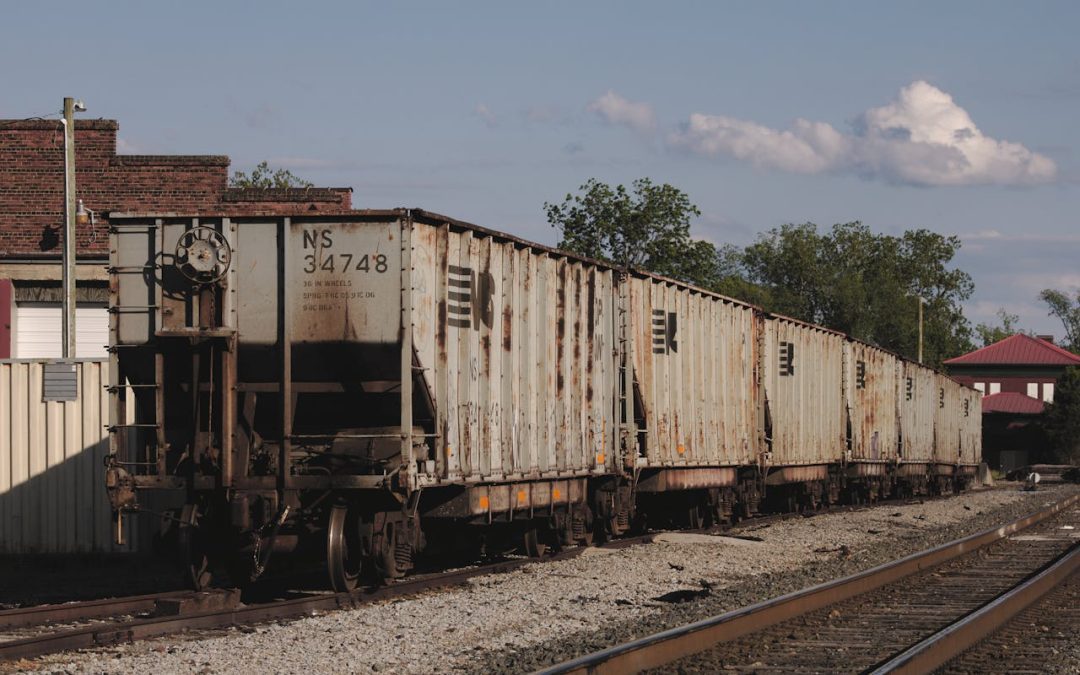Would you go on holiday without insurance?
For many people, the answer is probably not. We’ve all heard far too many horror stories where holiday-makers are stuck with enormous bills to fly home following an unexpected illness abroad.
But what about cargo insurance? Is it worth paying out for, or can you make a saving by forgoing it?
What Is Cargo Insurance?
Like most types of insurance, cargo insurance protects you against losses.
While most shipments get to their destination safe and sound, sometimes things go horribly wrong in transit. And even though your goods are in the hands of a freight forwarder or carrier, those companies are not liable for any damage or loss that occurs.
Cargo insurance is essential for businesses that import or export goods domestically and internationally. It protects you against financial losses in the event of theft, damage and loss of goods during transit. If something goes wrong in transit and your goods are insured, you will receive compensation based on the value stated on the commercial invoice.
Cover varies between providers and policies, but cargo insurance can also cover delays caused by natural disasters, accidental damage and other incidents.
There are 3 different types of coverage to choose from:
All Risk
All risk insurance coverage is the broadest of the three, offering protection against a wide range of risks. It covers most types of loss and damage that might occur.
There are some exclusions, though. Here are some examples:
- Damage due to negligence
- Customs rejection
- WSRCC (this stands for war, strikes, riots and civil commotions)
- Loss of use or market. This means that you’re not covered for profit losses resulting from damage to the cargo.
- Loss of goods as a result of non-payment
- External factors such as earthquakes, pollution and infestation.
Named Perils
Unlike all-risk policies, named perils policies only cover you against specific risks named in the policy.
These incidents and events might include:
- Fire
- Derailment
- Sinking
- Earthquake
- Non-delivery
- Theft
This type of cover tends to be less expensive because the range of hazards and risks it covers is smaller. Comprehensive policies, like all risk policies, are more costly because their coverage is broader.

General Average
General average cargo insurance policies are specific to sea freight shipments.
Under general average coverage, if some cargo is jettisoned to preserve life or other cargo, all parties with a financial interest share the loss.
Because container ships carry multiple containers on the same voyage, in practice, this concept could mean paying out to a business that lost its container even though yours was received safely.
What Does Cargo Insurance Protect Against?
Let’s take a closer look at what cargo insurance protects businesses against.
Theft
Theft is a risk no matter which mode of transport you use to move freight. In May 2023, 398 incidents of freight theft were reported, making it a record month for all the wrong reasons!
Consignments can be targeted at the road or railside when stationary, and cargo travelling over the ocean is at risk of coming up against piracy. That’s right, pirates aren’t just something we find in storybooks. It’s a very real threat, so much so that there were 120 reported piracy incidents in 2023.
Accident
From collisions that damage goods to human error and mishandling of goods, accidents happen, and sometimes, there’s nothing you can do to avoid them.
Cargo insurance protects businesses against unfortunate incidents, ensuring you don’t lose out if something happens to your goods by chance.
Fire
64 ships have been lost to container fires in the past 5 years. It might not be the first thing that comes to mind when you wonder how safe your cargo will be in transit, but it can happen.
If a container catches fire, there is not only a significant risk to the lives of crewmembers on the ship but also a massive cost to businesses.
Container fires can be caused by a diverse range of factors, including improper packing of hazardous goods, overfilled containers and record-breaking summer temperatures.
Natural Disasters
In storms and bad weather, containers can be thrown overboard from container ships. Whilst TEUs are pretty robust, containers can be thrown overboard in storms and bad weather, causing huge delays and significant monetary losses.
In 2020, a 14,000 TEU Apus got caught up in a fierce storm near Hawaii. Over 1,900 containers were either lost or damaged during the incident. That’s nearly a quarter of all of its cargo!
Is Cargo Insurance Mandatory?
It is your choice whether you choose to purchase cargo insurance or not…
However, we at Millennium strongly advise that you do.
Freight forwarders and carriers rarely hold enough cover of their own to protect your goods and your business from financial loss in the face of an accident or emergency. And little can be done to help you if you opt out of buying cargo insurance and something unexpected happens
Is Cargo Insurance Worth The Cost?
Absolutely! Cargo insurance is a small cost for most businesses, and it protects you from all manner of risks.
Not only are you covered for loss of your goods, but you are also protected against damage and, in some cases, delay. As more and more goods are shipped around the world, the risk of theft, loss and damage to your goods increases, and cargo claims are rising as we speak.
We know it can be hard to part with your hard-earned cash, especially on something that isn’t mandatory. But even if you haven’t suffered a loss up until this point, do you really want the first time to be when you’ve decided insurance isn’t worth it?
Didn’t think so.
How Much Is Cargo Insurance?
It’s what everyone wants to know, but it’s a hard one to answer.
Like car insurance, house insurance and life insurance… The cost of cargo insurance varies because there are so many variables.
Here are some of the elements that can impact the cost of cargo insurance:
- What your cargo is. If your goods are highly valuable, you’ll need to pay more to insure them against risk.
- What level of cover you choose. For example, an all-risk policy is more expensive than a named perils policy.
- How and where it’s being shipped from and to. If you are moving goods internationally, this is considered a higher risk than domestic shipments.
- The shipping route itself. Some routes come hand in hand with higher levels of risk. This could be due to adverse weather, the current risk of piracy or the volatility of an area of active war.
If your business has any previous claims against past cargo insurance policies, this will also impact the cost.
You Don’t Need It, But Get It Anyway
Cargo insurance is worth the peace of mind because it protects your goods AND your business.
It’s a small outgoing that covers you if the worst should happen, removing the stress and inconvenience, not to mention the financial losses of goods going missing, being stolen or becoming damaged in transit.
Not sure which level of cover you need? Want to talk it through with a friendly, knowledgeable human being? Get in touch with Millennium today.

